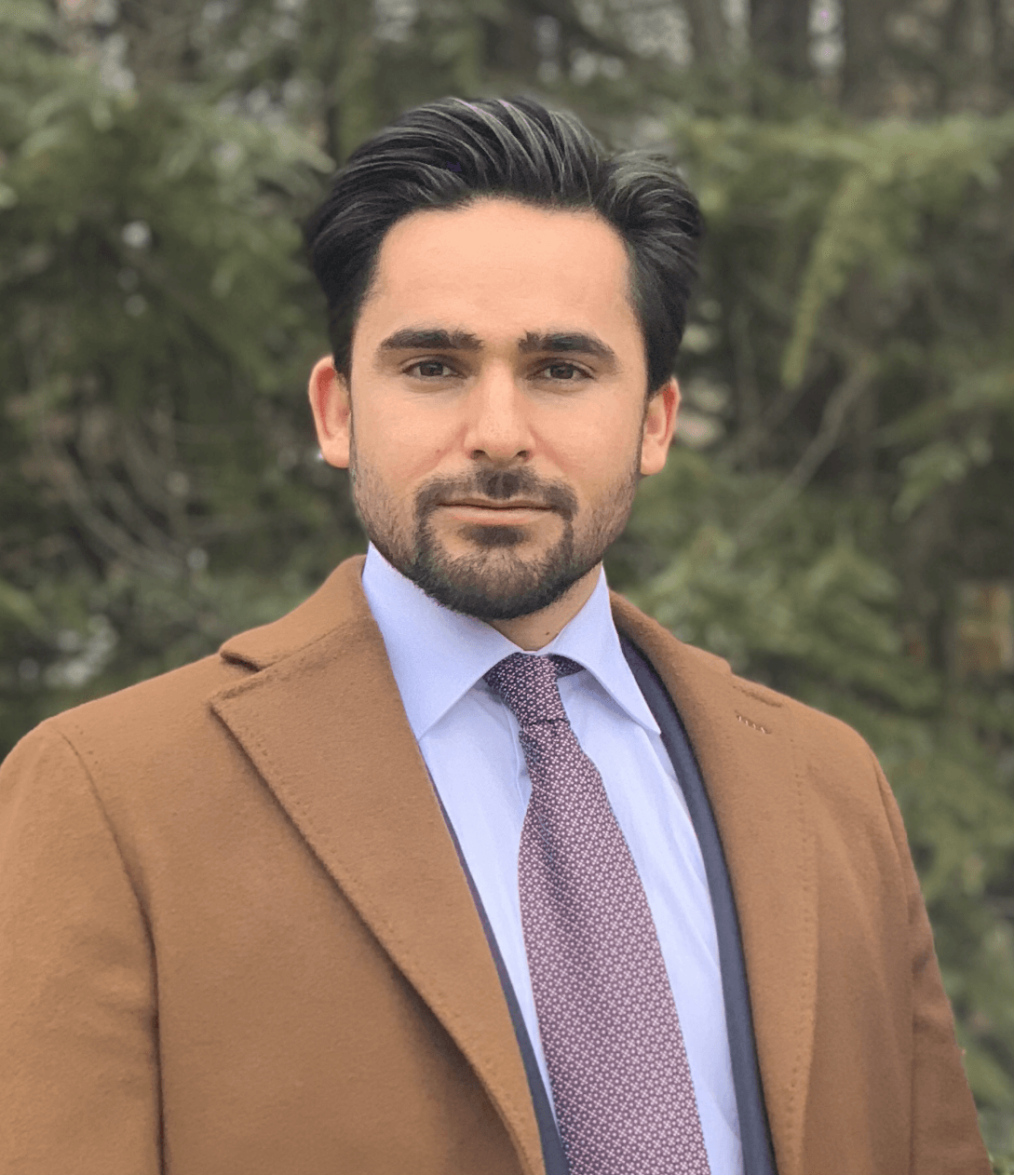
Source: AP Feed News (2018)
By: JulieAnn Sickell, Ahmad Mohibi
The UN Committee on the Elimination of Racial Discrimination criticizes the Chinese government for the enduring detainment and forced ‘re-education’ of Uyghurs in the western region of Xinjiang.
The Chinese Communist Party’s (CCP) goal of the re-education camps is to prevent extremism and provide vocational training. Detainees learn Mandarin, how to assemble electronics, and receive lessons on Chinese laws and the Constitution.
More than 10 million Uyghurs reside in the Xinjiang Uyghur Autonomous Region (XUAR). Sources estimate anywhere between tens of thousands to over one million Uyghurs are detained in re-education camps. The Chinese government has deliberately abducted and tortured Uyghurs and destroyed their mosques to the ground.
China has a long history of re-education programs. Reform through labor (laogai) and re-education through labor (laojiao) were phased out in the 2000s as President Xi Jinping found them inappropriate for a modern society. However, a new re-education emerged to convert Falun Gong supporters called transformation through education. Current re-education programs in Xinjiang resemble the transformation through education programs China has previously enacted.
Uyghurs Muslims are treated as ‘terrorists’ and the rivals of the state. Numerous Uyghurs are trapped and have been deliberately quarantined from the socio-economic opportunities as well as political representation in the government. The problem dates back to the annexation of Xinjiang in 1950 to become officially part of Communist China since this annexation Uyghurs have been subjected to various human rights violations on the basis of ethnicity.
Multiple Chinese officials view Islam as an ‘illness’ or ideology that needs to be removed in order to prevent terrorism from spreading. Outrage over the clash in Urumqi in 2009 and the Kunming attack in 2014 provides further basis for ethnic-profiling of Uyghurs by the CCP. Both events were centered on ethnic tensions between Uyghurs and Han Chinese, the majority ethnic group in China.
The evolution of these attacks from mutual violence between Han and Uyghurs to the slaughter of 29 Han Chinese by Uyghurs allows the Chinese Communist Party justification for the creation of detention camps. By letting fears of instability control their actions, the CCP falls victim to Islamophobia.
When confronted about wrongful imprisonment in Xinjiang by the United Nations and the United States, China lashed back with adamant denial and critiques. The UN released a report expressing concern over the imprisonment of Uyghurs in the name of countering terrorism. The Chinese Communist Party denied that the existence of the re-education camps and once the report was released, they critiqued the United Nations for accusing them without proper facts.
A similar confrontation occurred between the United States and China. US lawmakers called for the officials involved with the re-education camps to be sanctioned. Hua Chunying from the Ministry of Foreign Affairs did not outright deny the existence of the re-education camps but critiqued the United States human rights record to defend the CCP’s actions.
The United States and the United Nations must continue to pressure China to end the detainment of the Uyghur people. China will continue to deny accusations until legitimate action is taken such as the sanctions initially suggested by US lawmakers.
The best option for the United States is to continue to encourage China to use the rule of law and to respect human rights or the repression of the Uyghur people will lead to extremism, not lessen it. Decades of repression surmounting in re-education camps provides a breeding ground for extremist thought.




